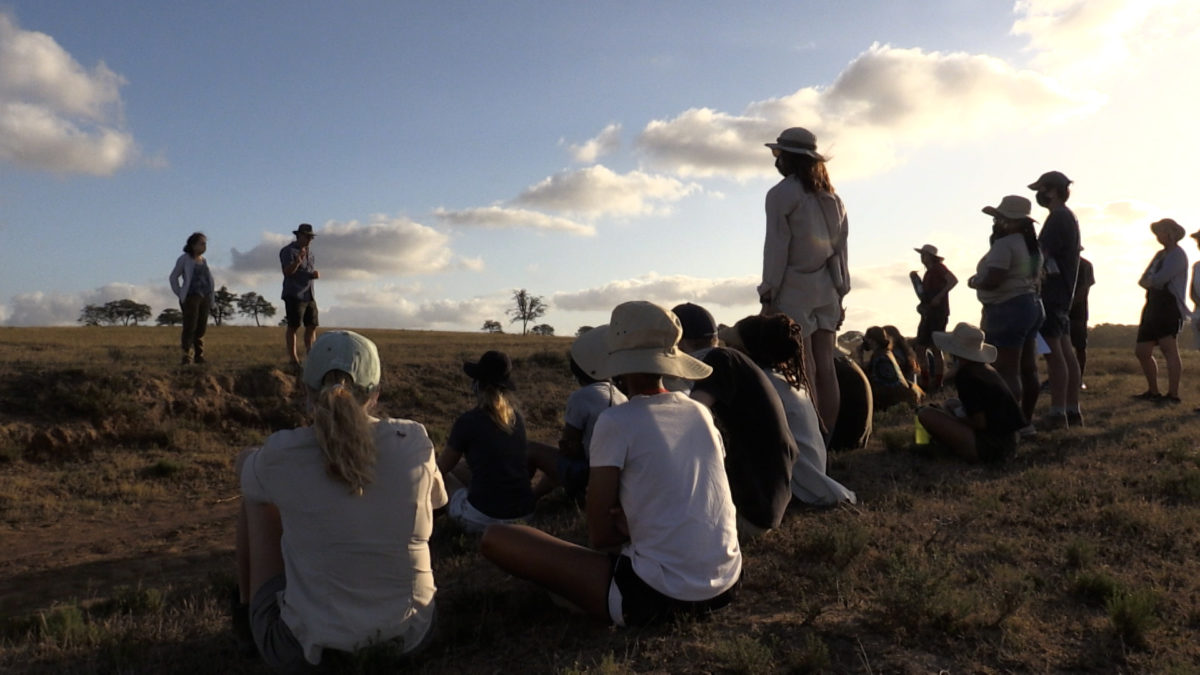Turning biodiversity data into useful products for decision-makers is challenging. Over the past decade we have partnered with the South African National Biodiversity Institute (SANBI) to better understand this pathway from data to decisions, and what it takes to incentivize uptake of data by end-users. Over the years our focus has evolved from a view that valuable datasets would motivate use to a view that immediate and local demand for information is the key to motivate data mobilization and access.
To this end, SANBI, with JRS support, launched a project in 2019 that focuses on decision-making instead of data accessibility. African Biodiversity Challenge: Unlocking Decision-Data Pathways for Sustainable Development challenges teams from Ghana, Malawi, and Rwanda to develop data products that meet a current demand. The teams must first work with stakeholders and end-users to identify decisions that are in need of biodiversity data, and then create data products to fit this need. Their incentive? A $30,000 first place prize.
SANBI did not want to miss out on all the decision-data-pathway-fun, so they decided to conduct a similar effort in South Africa, where stakeholders led them straight to wildlife.
More specifically, the data in demand targets the economic assets and value of wildlife, or wildlife economy, and thanks to funding from the Presidential Employment Stimulus Programme (PESP), SANBI and partners are already hard at work mobilizing and mainstreaming data on the sustainable use of wildlife in South Africa. They are spearheading the development of a baseline dataset in the Eastern Cape that combines information on biodiversity, rangeland condition, and socioeconomics, and hosted sustainable land management and wildlife economy training for 37 students in February 2021, which included rangeland condition assessment and questionnaire techniques. Wildlife Ranching South Africa (WRSA) helped with training and facilitated interviews, resulting in 128 completed surveys with local ranchers. This work and the partnerships forged have led to a new project, the Sustainable Wildlife Economies Project (SWEP), with plans for more data collection on a national scale and the development of decision-support tools to measure and model the full value of the wildlife economy for both farmers and policy-makers.
Teams in Ghana, Malawi, and Rwanda are also hard at work. They are about halfway through this three-year challenge and we look forward to seeing the resulting data products and learning what it takes for each team to close the gap between data holders and data users.

